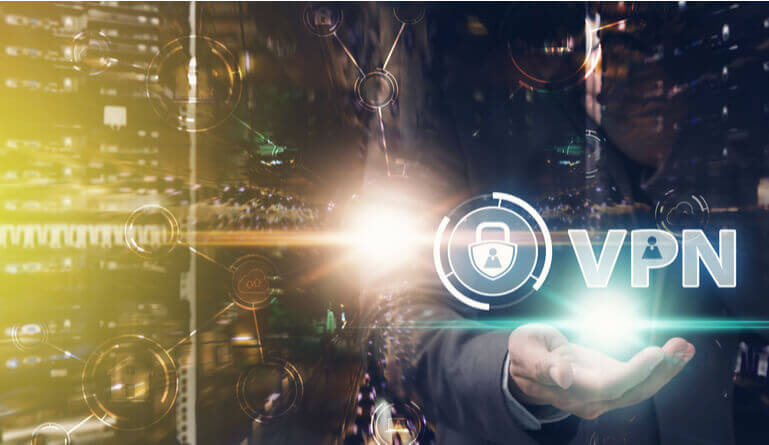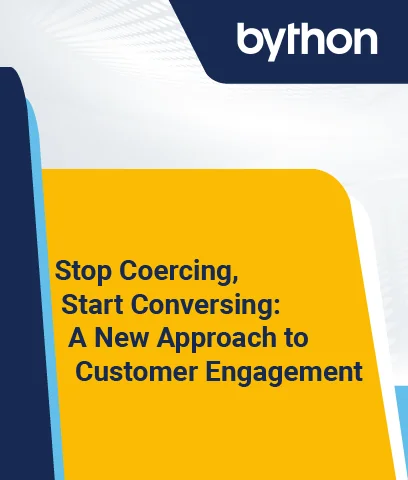Guest Contribution by Vanessa Seward, Strictly Digital
What is a VPN?
A VPN, also known as a virtual private network, is a piece of software that encrypts your information over the internet.
Normally, when you connect to the internet your traffic is first sent to the internet service provider, then to your desired website, and then back to your computer. Along this path, a lot can happen to your information. Governments, corporations, and malicious hackers can spy on your data and learn things about you.
A VPN prevents these malicious entities from being able to track you on the internet. A good way to think about this that a VPN applies a disguise to your internet traffic which prevents anyone from recognizing you online.
While this might sound like overkill, companies like Facebook, and even the government, are tracking citizen data more than ever. A recent New York Times article found that real-time tracking data for millions of Americans was available and another article noted that colleges are using so-called “automated attendance” apps to track their students.
Your data might be being used against you and that means you just might need a VPN.
( Also Read: Virtual Private Network (VPN): Guide )
Who Needs a VPN
The short answer to this question is that everyone needs a VPN. The number one market today is data. Every single thing you do online is tracked and collected by several companies along the way. This data frequently changes hands and is often leaked to the public by hackers or mismanagement.
The best way to stay ahead of this is to use a VPN to keep your data safe.
That being said, there are few people that can benefit from VPNs more than others.
- Travelers – One of the benefits of a VPN is that a can allow you to access blocked sites. If you’re a frequent traveler, you might find yourself in a country that blocks access to websites you regularly rely on. A VPN can help get around these blocks while keeping your data safe.
- Journalists – Journalist, activist, other people handling sensitive information need a VPN. Companies and governments are known to track information and stop these people from doing the important work that they do. VPNs can help keep this data safe.
- Privacy -If you’re concerned about your privacy, a VPN can be one of the best ways to have some peace of mind. You don’t have to be an important journalist or a globe-trotting celebrity to need to know that your data safe.
No matter who you are or where you are keeping your data safe from malicious entities is important. Setting up a VPN is one of the best ways to keep your information private while still having access to all the websites you rely on on a daily basis.
Finding the Best VPN for Your Needs
So, how do you find a VPN? The first step to securing your presence online is to find yourself a VPN. You can start by searching for a VPN trial. Most VPNs offer free trials to get you acquainted with their service before committing to a monthly cost. Here are the three types of VPNs you will find.
- Free – Free VPNs are fairly rare. Usually, in order to have a free VPN, you need to be very technically skilled and be able to do a lot of work yourself. Well, there are a few free VPN services, they tend to be less reliable than their paid counterparts.
- Dedicated – Dedicated VPNs are some of the best on the market. These Services provide high-end VPN services and because they are dedicated they can focus all of their efforts on maintaining a strong connection and keeping it is safe.
- Packaged -Packaged VPNs usually come with antivirus software as part of a larger bundle. This can be a good choice for people who already pay for a monthly antivirus service, but usually, they are still outperformed by dedicated VPNs.
While Dedicated VPN services offer the best bang for your buck, you need to research these options and make the best decision for you and your data needs.
Once you get a VPN, what do you even do with it?
Securing Your Connection
While this all might sound technical and complicated, it’s actually pretty simple. The truth is, you don’t really need to do much after your VPN is installed.
After you’ve downloaded and installed a VPN service, you just need to make sure it’s up and running whenever you are using the internet. Most of the VPN services are set to automatically start when your device boots up. To make sure your VPN is running you can look for its icon in the system tray or in the top menu if you are using a mobile device.
One thing you might need to check on with your VPN is your connection. Some of the lower-quality VPN services have trouble with things that demand a high bandwidth especially gaming and streaming movies. If you’ve chosen one of the more reliable VPN services, this won’t be a problem as they can easily handle even the most demanding gaming connections. If you find that you can have trouble connecting, check your VPN settings or reach out to their customer support for more help.
You can always toggle a VPN connection on and off inside the application settings. This can be especially helpful if you don’t feel the need to secure things like your gaming or movie streaming connections. This way you can secure sensitive emails and browsing, but be able to use the full power of your internet connection when doing more demanding, less risky tasks.
As data and security issues become more prevalent the need for VPNs will only increase. In our age of always online always-connected devices, being able to reclaim the security of your data is the best way to defend yourself online.







